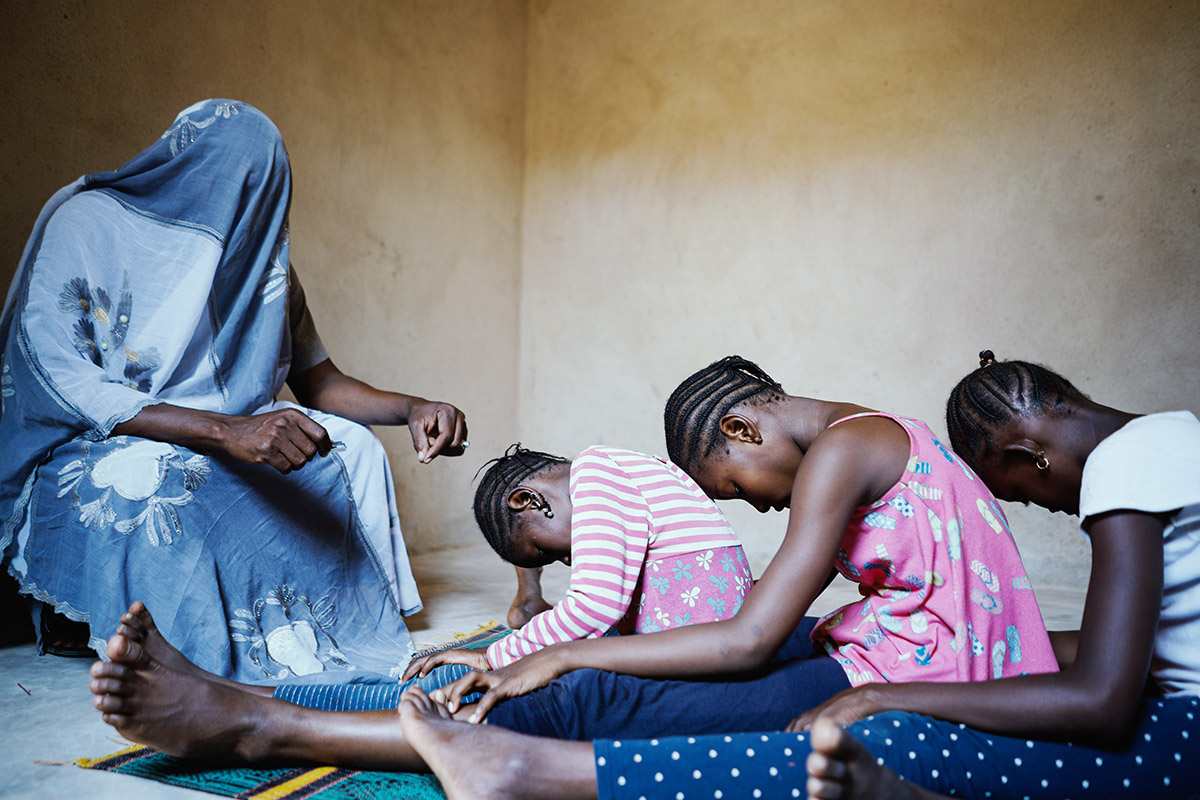Female Genital Mutilation; Her Voice, Her Future
February 5by Ruhamah Ifere
On Tuesday, February 6, the International Day for Zero Tolerance for Female Genital Mutilation will be commemorated globally to essentially create awareness on the effect of Female Genital Mutilation on women and girls.
Female Genital Mutilation affects at least 200 million women globally. It is the cutting and removal of parts of the Female Genitals and a form of Gender Based Violence that violates the Human Rights, the health and integrity of girls and women leading to serious Health implications – vaginal infection, urethra infection, HIV, pain during sex, menstrual pain, difficulty in childbirth and even death.
Although primarily concentrated in 30 countries in Africa and the Middle East, female genital mutilation is a universal issue and is also practiced in some countries in Asia and Latin America. Female genital mutilation continues to persist amongst immigrant populations living in Western Europe, North America, Australia and New Zealand.
Over the last three decades, the prevalence of FGM has declined globally. Today, a girl is one-third less likely to undergo FGM than 30 years ago. However, sustaining these achievements in the face of humanitarian crises such as disease outbreaks, climate change, armed conflict and more could cause a rollback of progress toward achieving gender equality and the elimination of FGM by 2030.
UNICEF has warned that female genital mutilation is on the rise among Nigerian girls aged 0-14. Rates have risen from 16.9 per cent in 2013 to 19.2 per cent in 2018, a “worrying trend,” according to UNICEF.
Female genital mutilation (FGM) remains widespread in Nigeria. With an estimated 19.9 million survivors, Nigeria accounts for the third highest number of women and girls who have undergone FGM worldwide.
Across Nigeria, disparities in the practice exist. State prevalence ranges from 62 per cent in Imo State to less than one per cent in Adamawa State and Gombe State. The prevalence of FGM is highest in the South East (35 per cent) and South West (30 per cent) and lowest in the North East (6 per cent).
In 2015, the VAPP (Violence Against Persons Prohibition) Act was passed into Law and specifically made provisions for the Female Genital Mutilation as a Criminal Act and punishable offences in Nigeria. The Violence Against Persons Prohibition Act (VAPP) aims to permanently prohibit female circumcision by including a penalty. People caught committing the crime are liable to two years in prison and a fine of one hundred thousand Naira. Currently, the VAPP ACT has been domesticated in 34 states.
Women and girls can be empowered with the right knowledge and awareness of Female Genital Mutilation and its implications, which most times are crippling; the creation of safe spaces for survivors to tell their stories; advocacy for the domestication of the VAPP Act in states that are yet to; and the creation of awareness of the existence of this Act to aid the implementation.






